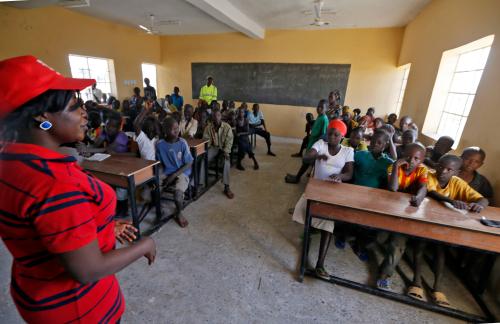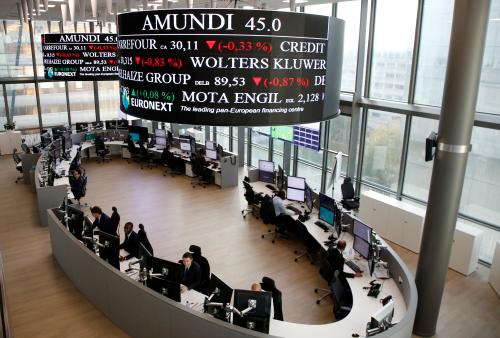This week, I have been examining a wide variety of literature that offers both support and surprising contradictions to many of the assumptions we take for granted in development economics. Here’s a selection of a few of my favorites.
Do you think undernourished Africans are only in poor households? A new paper by Martin Ravallion, Cait Brown, and Dominique van de Walle debunk this idea, finding that “roughly three-quarters of underweight women and undernourished children are not found in the poorest 20 percent of households, and around half are not found in the poorest 40.”
Many experts posit that higher inequality increases demand for income redistribution, relying on the assumption that ordinary people know the level of inequality in their area. But, a new paper by Vladimir Gimpelson and Daniel Treisman shows that demand for redistribution and conflict is due to perceived, not actual, inequality.
One prominent theory about the reason for low student learning in Africa is poor teacher preparation and knowledge, as has been observed in developed countries. New research published in an article in the Journal of Economic Perspectives supports this idea in developing countries using rigorous empirical evidence gained from direct observations, unannounced visits, and tests from primary schools.
If you thought that safety was an obstacle to girls’ attending school, here’s compelling evidence: Research by Girija Borker shows that girls choose worse schools and pay an average of two years’ tuition in transport costs to be safe.
Allison Demeritt and Karla Hoff produced a masterful survey on behavioral development economics, presenting implications on how historical events can have persistent effects on individuals and people, how short-run interventions can have long-run effects, and how to better diagnose and address development challenges.
Finally, Timothy Taylor published a blog post on an equally masterful survey on asset prices and the global economy. He writes, “When I think about dangers faced by the U.S. economy, I find that I no longer worry much about a rise in inflation, which would have been one of my main 20th century concerns, and now I worry instead about whether a potential crisis is lurking in the nooks and crannies of the financial system.”






Commentary
Future Development Reads: Surprises, support, and surveys on economics and poverty
December 2, 2017